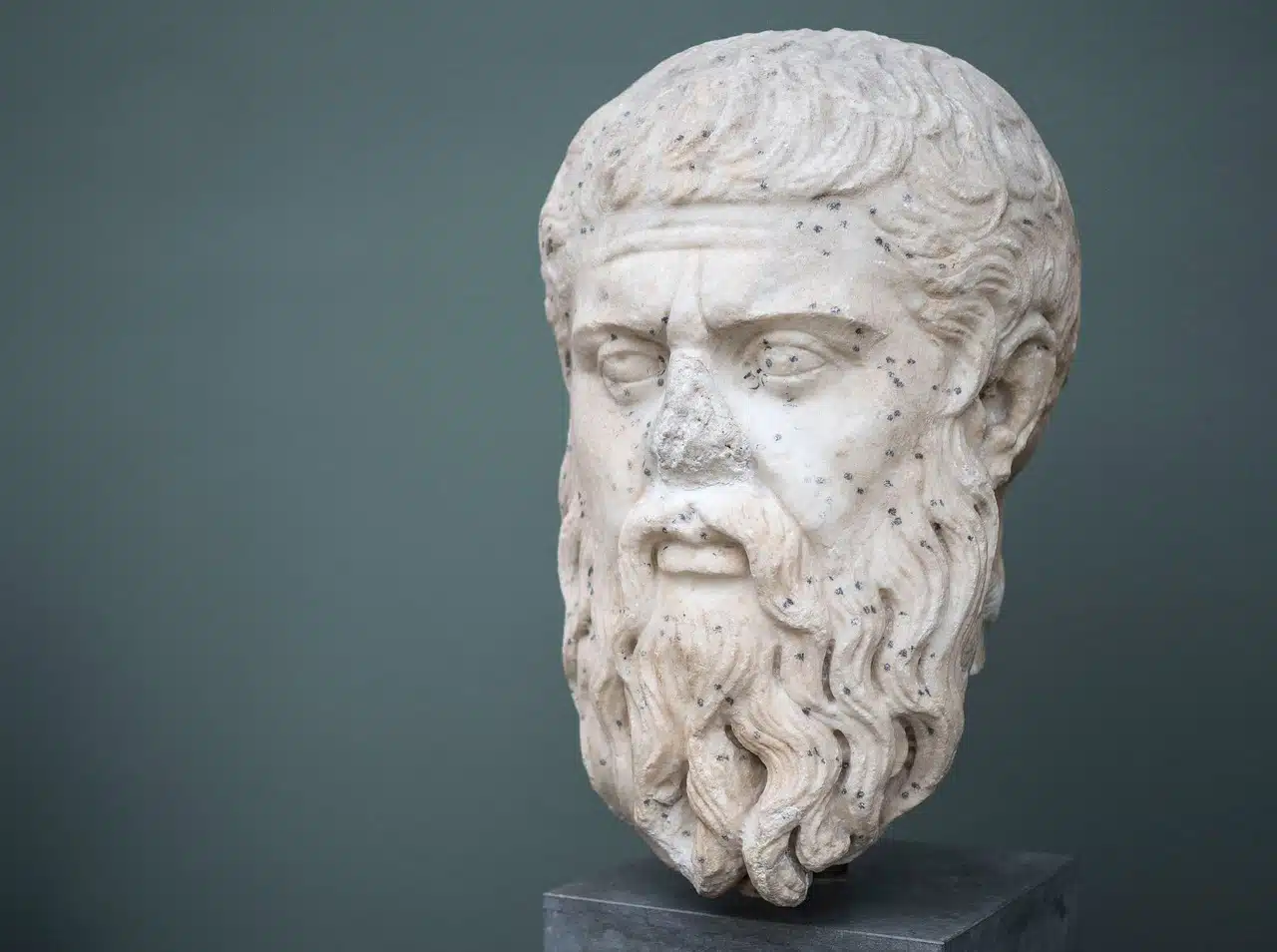
Plato associated the eidetic with things in their purest contemplation.
Eidetic is that which is related to knowledge , according to the dictionary of the Royal Spanish Academy (RAE) . It is a term of Greek origin (formed from eidos , that is, "form" ) that is used in the philosophical field to describe what is related to essence . Therefore, it can be said that the eidetic is a concept opposed to the factual and the sensible.
The word also encompasses the idea of that individual who is capable of projecting those images or experiences that he saw or imagined in advance . This ability is common among children and among adults with a certain degree of nervous excitement.
The eidetic and memory
In this sense, it is important that we mention what is known as eidetic or photographic memory . This is defined as the ability that some people have to remember both things they have seen and heard before, at some point in their lives.
A sentence that can serve as an example of the above is the following: «Pedro was lost in the city, however, thanks to his photographic memory he remembered the name of the street and the store that was next to his hotel and was able to return to the city. himself without any type of problem .

For Aristotle, eidetic is what is in the substance.
Hypertrophy and reduction
Likewise, it must be emphasized that hypertrophy of that aforementioned eidetic memory also occurs in a diverse number of people. This means that they have the extraordinary ability to remember any noise or image simply by having heard or seen it once and also very quickly.
And that is without forgetting that there is what is known as eidetic reduction . A term used in the field of phenomenology to describe those actions in which a specific human being only remembers the most important thing, the main signs of identity, of an element that has been seen or heard as well as an experience that has been experienced. .
The concept of eidetic in philosophy
A historical review indicates that the term eidetic was conceived by Plato to refer to things in their purest contemplation , while Aristotle intended it to indicate what is in the substance . The German philosopher Edmund Husserl , for his part, took advantage of the concept to designate what concerns the essence of things, and not their existence or presence.
It is worth mentioning that eidetic reduction , in the context of philosophy, is a process that is based on the elimination of any kind of position adopted regarding the reality of an experience and its object, as well as any related position. to the nature of the subjects.
This method is related to the conviction that the human mind is like a kind of blank slate , which lacks the sense of consciousness prior to its acquisition through experience.
For Plato , when there is a coincidence between being and thinking, it is possible to arrive at the truth and have “certain” knowledge. In this specific case, the Greek philosopher where he shows his ideas regarding the term we have discussed is in the famous Myth of the Cave.
